US knows how to break impasse, but wants to extract concessions from Iran through coercion: Zarif
Foreign Minister Mohammad Javad Zarif says that the United States knows exactly what it takes to resolve its standoff with Iran, but still seeks to use pressure tactics to extract concessions from the Islamic Republic.
“They know exactly what it takes to go back to compliance, unless they are not serious about what they’re saying,” Zarif told the American journalism company, Politico, in an interview published on Wednesday.
A deadlock formed around the 2015 nuclear deal between Iran and others after the US left the agreement under former president Donald Trump and returned the sanctions that the deal had lifted.
Iran continued to comply with the deal for a year after the US’s withdrawal, but then started some nuclear countermeasures that it gradually expanded as Washington and its allies in the pact would insist on their violations.
Tehran began its reprisal in line with the deal’s Paragraph 36 that allows any given party to retaliate for others’ non-compliance with the agreement that is officially known as the Joint Comprehensive Plan of Action (JCPOA).
Zarif noted that it only takes for Trump’s successor Joe Biden to issue a series of executive orders annulling his predecessor’s wrongful steps and palpably waive relevant congressional action for the US to return to the JCPOA.
However, “they want to use pressure and coercion in order to extract new concessions from Iran,” he noted.
‘There’s nothing to talk about’
“They want a new agreement, they want a wider agreement, they want something else, they want to talk about the sunset clause, they want to talk about [Iran’s] missiles, they want to talk about other issues,” the top diplomat stated.
This is while whatever warranted discussion was discussed during the talks that led to the agreement, he said.
“Now, why don’t we talk? The reason for not talking is that there is nothing to talk about.”
US under Biden no different from US under Trump
“I think the US continues to be in the policy review process,” Zarif said. “But if it is in the policy review process, it should not portray itself as having changed its policy, because it hasn’t,” Zarif said, adding, “What we see as US policy is exactly the same as the Trump administration; we haven't seen any change in policy.”
Joe Biden has only expressed a willingness to return Washington to the JCPOA, but has stopped short of taking any practical action that could reflect seriousness about the claim.
Iran has, meanwhile, continuously announced that it was only removal of the sanctions that could make Tehran stop implementing the JCPOA’s Paragraph 36, asserting that it never settles for a symbolic return by Washington to the deal.
Blinken boasting about a ‘war crime’
Still commenting on the US’s continued non-commitment to the nuclear deal under Biden, Zarif noted how Biden’s Secretary of State Antony Blinken has “boasted about basically preventing South Korea from sending a fraction of our money to a Swiss channel.”
“It means that Secretary Blinken is preventing us from using our own money to buy food and medicine. That amounts to an international war crime,” Zarif said.
Reginal arms bazaar too good for US to let go of
The Iranian official also reminded that the US and its allies insisted on involving other subject matters, including Iran’s ballistic missile program that by no means features a nuclear component, in discussions concerning the nuclear deal, why they themselves keep lavishing advanced weapons on the Persian Gulf region.
“Is the US ready to reduce its arms shipments to the region? Twenty-five percent of the entire arms sales to the world are sold to our region, and none of it to Iran. Are the US and its Western allies prepared to stop that? That’s a very lucrative market and I don’t think President Biden wants to do that,” he said.
Netanyahu can barely avoid prison, not to mention help PG states
Zarif also addressed some regional countries’ endearing themselves to the Israeli regime by normalizing their relations with it in order to use the regime as a proxy through which they can “buy security.”
“Some of our neighbors in the Persian Gulf have always tried to buy security through proxies. Their proxy at one time was [former Iraqi dictator] Saddam Hussein, more recently it was Trump, and now they want [Israeli Prime Minister Benjamin] Netanyahu to be their proxy,” he said.
“Obviously it doesn't work. It didn’t work with Saddam Hussein, it didn’t work with Trump, and it certainly will not work with Netanyahu. What Netanyahu will do is to bring the war to their territory,” Zarif said.
“I can assure them that Benjamin Netanyahu can hardly keep himself out of prison, let alone provide them with security,” he noted. Zarif was referring to Netanyahu’s numerous troubles, including his indictment in four corruption cases and widespread criticism against his economic policies and COVID-19 response.
Zarif noted that despite the regional countries’ efforts to include extra-regional elements such as Tel Aviv in the region’s internal and security affairs, Iran has always been insisting that the region’s issues have to be resolved by its own members. He noted how the Islamic Republic has forwarded the Hormuz Peace Initiative (HOPE), a mechanism aimed at ensuring regional security through the efforts of the region’s own constituents.
EU Parliament halts US trade deal after Trump tariff threat
VIDEO | An unchecked presidency
VIDEO | Deportations strain Afghanistan’s fragile economy
‘Full-scale atrocity’: Iran security body reports 2,427 martyrs in US-Israeli-led riots
Smallest coffins are the heaviest: The three youngest victims of foreign-backed riots in Iran
Hamas warns of ‘systematic Israeli violations’ as Gaza ceasefire teeters
Israeli strikes kill 11 across Gaza, including children and journalists: Palestinian medics
US forces transferring Daesh prisoners from Syria to Iraq: CENTCOM



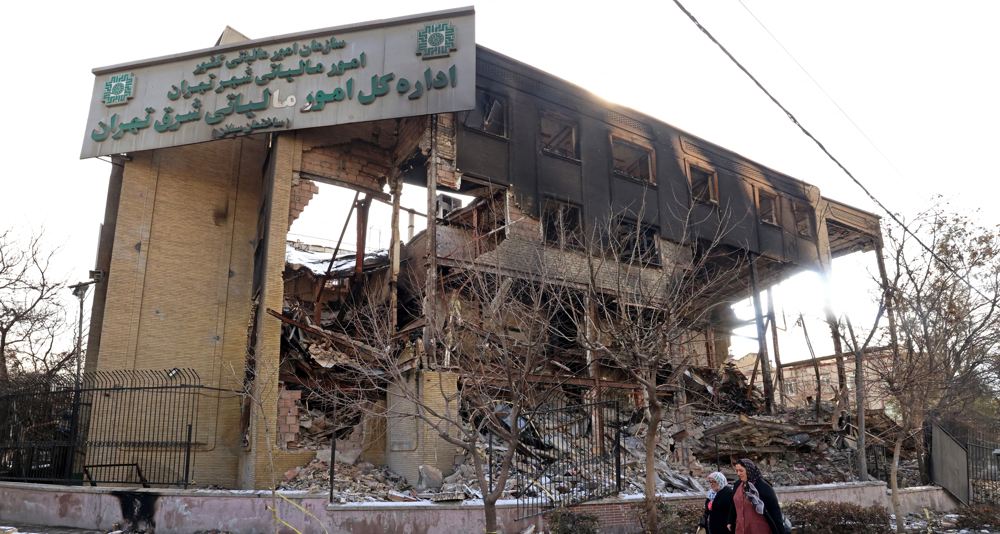
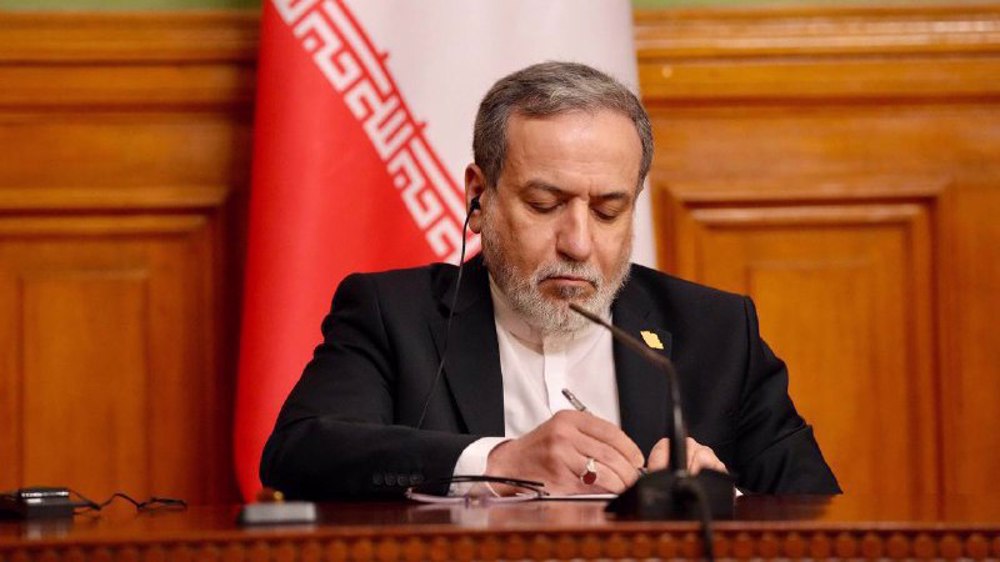
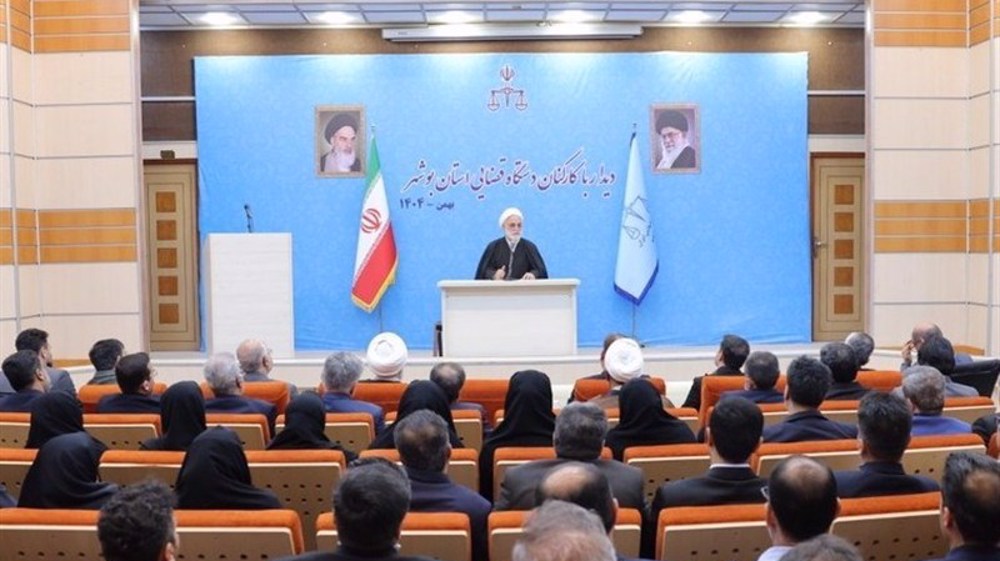



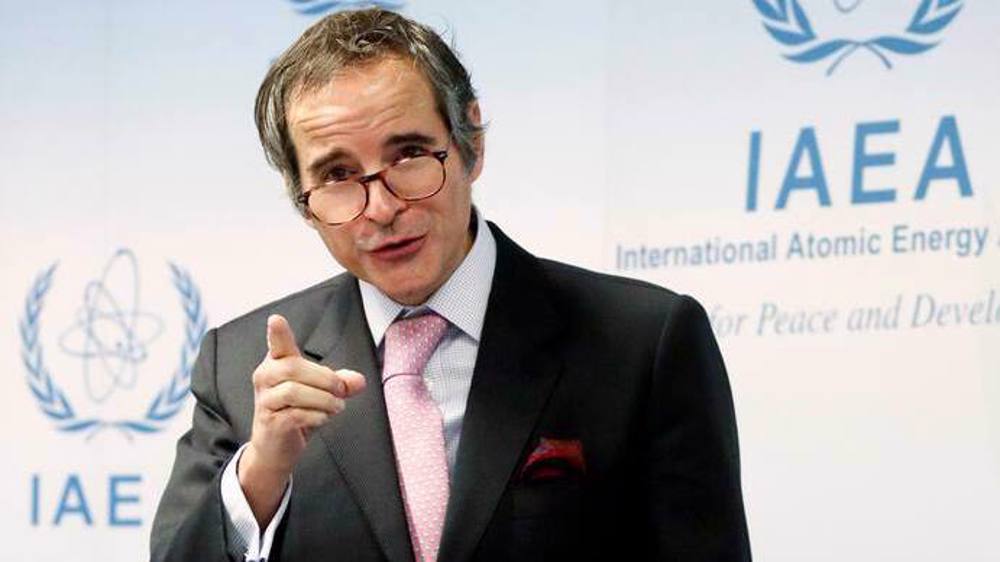
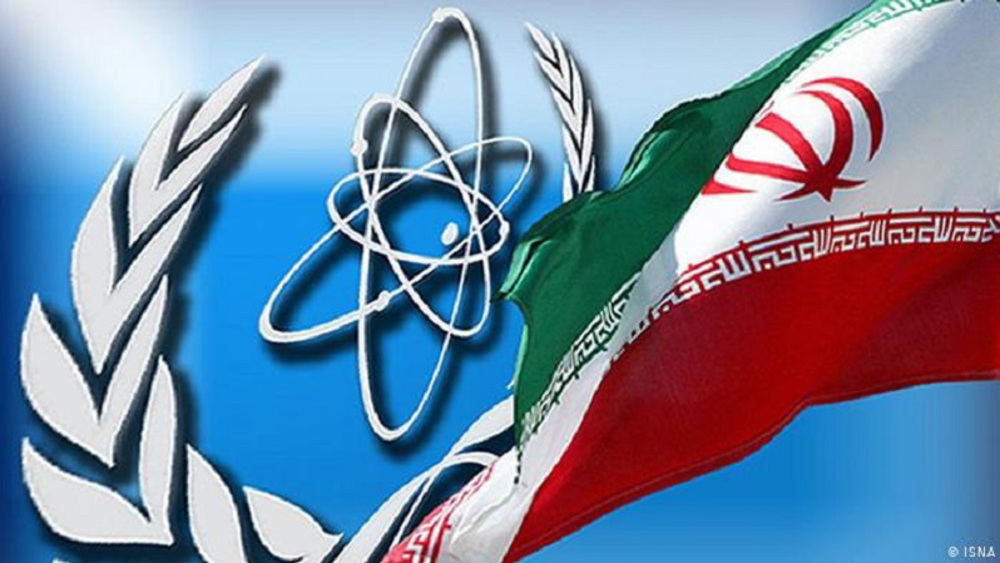
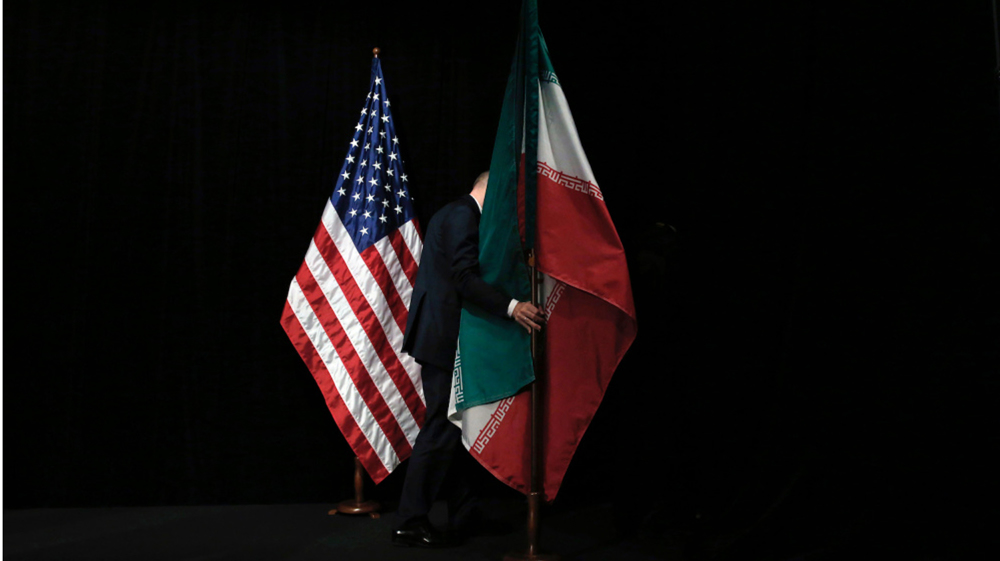
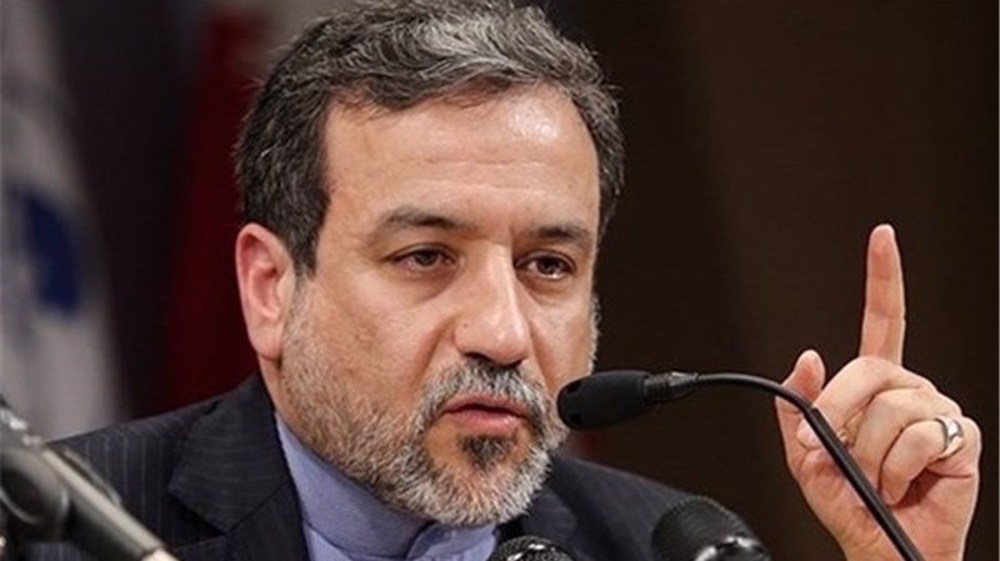
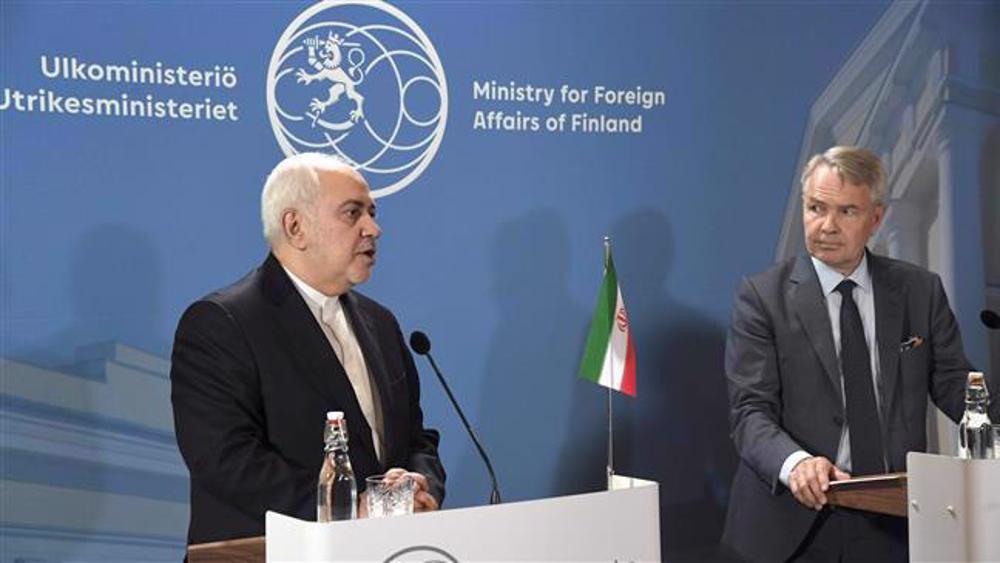

 This makes it easy to access the Press TV website
This makes it easy to access the Press TV website